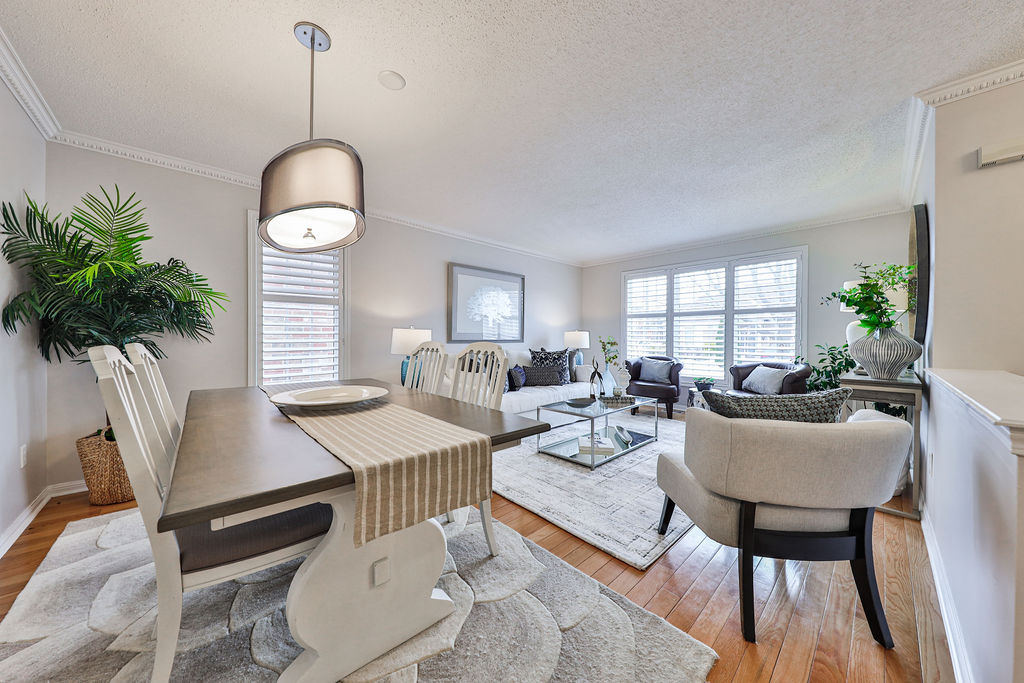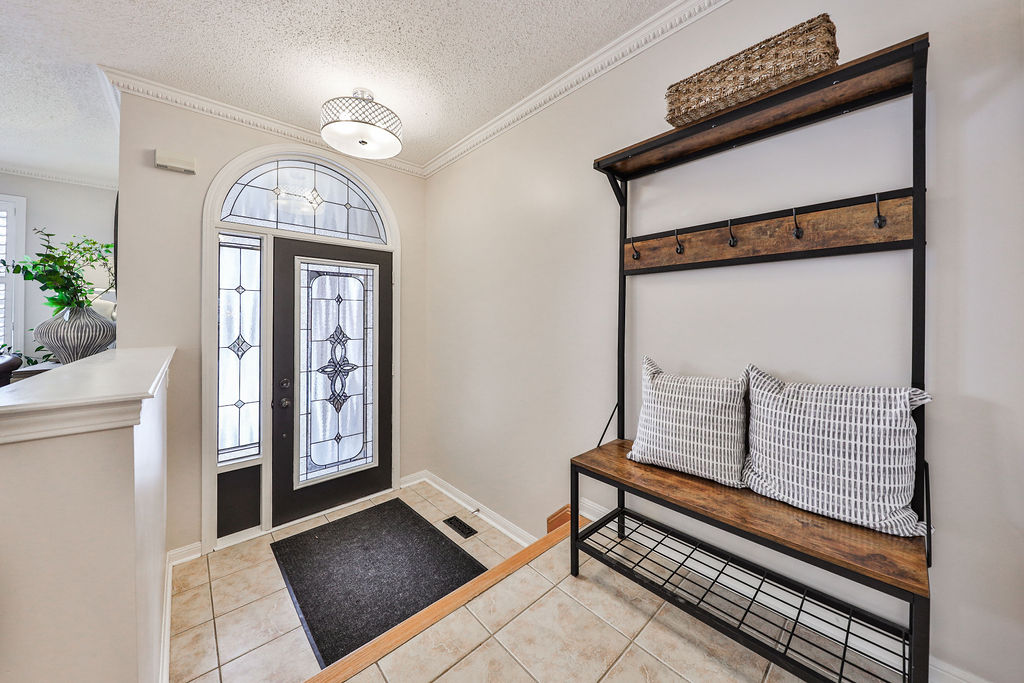Decluttering is always the first step before listing your house for sale. Simply removing excess items can add value by making the rooms feel fresher, cleaner and more spacious. However, you don’t have to be selling to benefit from decluttering. Having fewer belongings that are better organized makes your home feel more peaceful and less stressful. Your daily routine goes more smoothly when everything is in its place and you know where to find what you need.
Autumn is the perfect time to declutter for many people since it is neither too hot nor too cold. These tips will help you get motivated and have your home looking clean and fresh in no time.
Envision Your Home Picture Perfect
Creating a vision of what your house could look like completely organized helps to take the dread out of decluttering. For added inspiration, flip through the pages of a home magazine to see minimalist storage and decor ideas. When you begin the process, focus extra hard on clearing out the clutter from the main focal points of your home.
Imagine walking through your home as though you had never stepped foot inside before. What features do you want to draw attention to?
You can involve your family members to help. They can help you decide what to keep and what to toss. They may also have ideas on who might appreciate the belongings your family no longer needs.
Whenever you reach a goal, reward yourself with something small, such as a trip out for ice cream or a day at the park.
Looking for even more tips to declutter your home? Look no further!
Plan Before You Start
Everyone has good intentions when it comes to decluttering and getting organized. Unfortunately, it doesn’t always go as planned. All too often, you sort through your items only to get distracted or go on long trips down memory lane. A straightforward plan of action will help you stay on track.
To start, get a package of labels and plenty of sharpies. A stack of clear plastic bins will help as you can see what’s in them without lifting their lids. If your budget is tight, cardboard boxes will do the trick, but everything must be clearly labelled. This stops you from having to rifle through the boxes after they are packed away.
We recommend seven boxes to help you get and stay organized:
- Things to organize – (For items you intend to keep but need to find a permanent home for.)
- Think about it: (A “think on it” box will give you time to decide without adding to your clutter.)
- Repair
- Recycle
- Trash
- Donate
- Sell
Decluttering is the first step to preparing your home for a successful sale. Here are some other resources that will help:
- How to Maximize Your Sale with the Help of a Real Estate Agent
- What the Latest Interest Rate Hike Might Mean for Milton Real Estate
- Our Top 7 First-Time Seller FAQs
Take it Step by Step
A slow and steady approach is a surefire way to beat overwhelm. Breaking the task down into small steps makes it easy to fit into your busy schedule. It won’t take long until you notice a difference. Here are some small, daily tasks that will quickly help you cut down on clutter:
- Clean off one counter
- Organize one drawer or cupboard
- Fill one garbage bag with articles to donate
- Throw out one item per week
Get Off the Fence
When decluttering, everyone faces the issue of wanting to hold on to something even though they’re not using it and no longer need it. A few keepsakes are okay here and there. The problem arises when your house becomes full of things you’re just not quite ready to part with. Incidentally, this is also why so many homes have “junk drawers,” closets and sometimes even entire rooms. This is where your “think on it box” comes in. You can put these items you’re on the fence about out of sight until you decide what to do.
You may have useful items that no friend or family member wants, but you know someone in your community can use them. Kijiji or freecycle.org are great places to list these items to see if they get any attention.
If you’re really not sure if you want to dispose of something, put it in storage. If you haven’t gone looking for it within six months, it may be time to throw it out.
Thinking about downsizing? Here are 5 reasons to consider it.
Make a Day of it
A slow and steady approach is the best solution for some people, but everyone is different. Others will get better results with an intense method that gets the process over with quickly. Set aside a weekend and dedicate it to your decluttering project. Go room by room and remove everything from all closets, cabinets, and cupboards.
Bedrooms: Place all your clothing on the bed and sort by type. Many of your clothes may be seasonal, but if you haven’t worn them in over a year, consider donating them.
Kitchen: This is one of the toughest rooms to declutter because it gets the most use. Going overboard and throwing away too much can leave you searching for items or rushing to the store for a replacement. It pays to dedicate more time to the heart of the house. Go through your drawers and cabinets and sort everything by how often you use them, daily, weekly, or monthly. If you can’t remember the last time you used it, into the donate box it goes!
Pay attention to tables and countertops: If you’re not careful, any flat surface becomes a catchall where mail, flyers and other papers pile up. Keeping an under-the-counter trash and recycle bin can help you stay organized.
The living room: For most families, the living room is the second most used room in the house. Luckily, it’s easier to keep organized than the kitchen. Still, small items like remotes, video game controllers, toys, and other knick knacks can pile up over time. When committing to a deep clean, pull out all of the toys, games, candles and small electronics and ask yourself:
- Does it work?
- Is it duplicated? (One remote may work on multiple devices)
- Do I use it often enough to justify keeping it?
Maintain Your Results
Getting your house cleaned and decluttered from top to bottom is an outstanding accomplishment. The trick now is to maintain it. Forming habits like opening and sorting mail and immediately putting your clothes and shoes in the closet will help. Bringing your family together to brainstorm ideas can make the transformation easier and more fun. Best of all, you’ll come home every day to a space that is welcoming and free of distractions.
Is there a move coming up soon? Our webinar is perfect for first time buyers or anyone who has been out of the market for a while. Best of all, it’s free! Sign up here.















